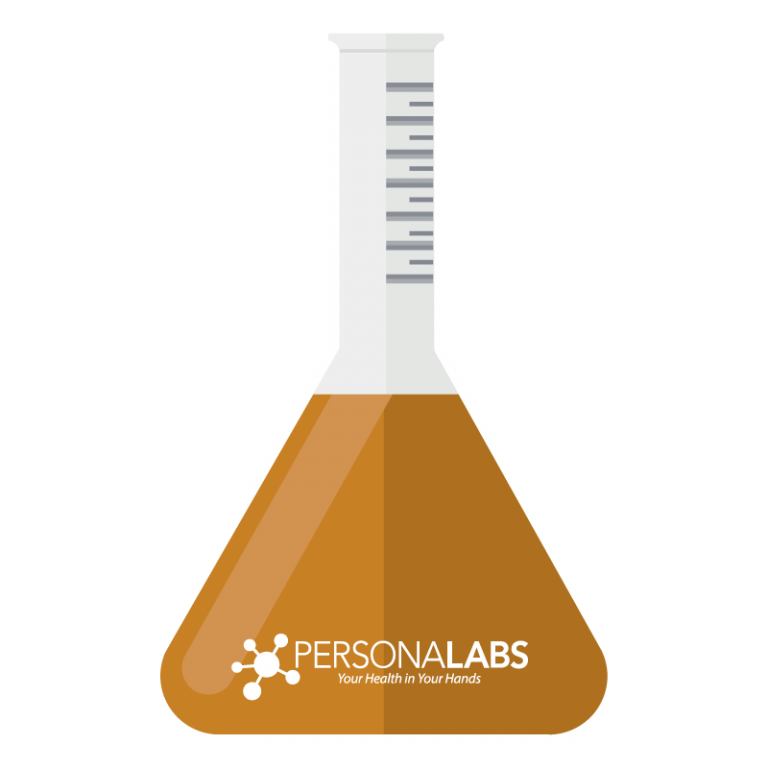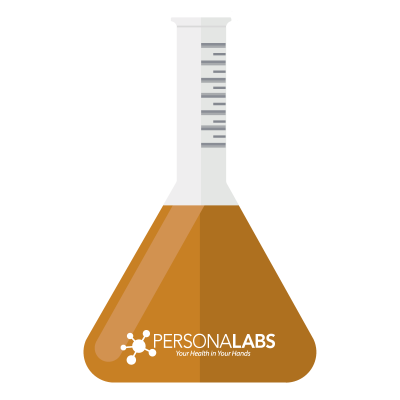- Fast results
- 4,000+ locations
- 4.8 star rating
Need Help? (888) GET LABS

* This is not a home test kit. You will need to visit a local lab for testing.
Fasting Required: No
Turnaround Time: 2-10 business days
Specimen Type: Blood
C4, Complement Component 4
C4 is one of the nine numbered proteins in the body’s complement system. Complement proteins support and strengthen the immune system so your body can fight off viruses, bacteria, and other germs. Low levels of C4 can be a risk factor for autoimmune diseases or recurrent infections.
The C4 Complement Blood Test results measure the levels of this protein in your blood.
This test can help detect and diagnose diseases including systemic lupus erythematosus (SLE), a chronic inflammatory disorder affecting joints, nerves, heart, skin, eyes, and other areas of the body. Other diseases that may require testing include serum sickness and chronic active hepatitis.
The test doesn’t require any special preparations for the blood draw.
Normal C4 levels are different for men (12 to 72 mg/dL) and women (13 to 75 mg/dL). If C4 complement is high, that can indicate inflammation-based diseases such as cancer or ulcerative colitis. Low C4 complement levels, on the other hand, may be a sign of infection, malnutrition, or hepatitis.
Based on your results, you may want to do more testing. You can measure levels of other individual proteins, as with a C3 test, or check all of them with a Complement Total (CH50) Blood Test. If your doctor wants to diagnose a specific issue such as hepatitis or cancer, we also offer several liver function and cancer screening tests to check for those diseases.
These results can be used to guide your treatment plan, so you can make lifestyle modifications or start medication as needed. If you want help analyzing these results, schedule a telehealth visit with one of our board-certified physicians.
Take a blood test for C4 complement near you, thanks to our 4,000-plus Labcorp or Quest Diagnostic partner labs across the country. With this wide-ranging network and streamlined ordering process, it’s never been easier to take control of your health.
Here’s how simple it is to get a C4 complement blood test:
Step 1: Purchase the test online and print out the lab order. (Depending on the state where you live, you may not even need a physician’s approval to get the test.)
Step 2: Find the facility closest to you with our lab locator and schedule the blood test.
Step 3: Get your blood drawn (be sure to bring the lab order with you to your appointment).
Step 4: You can find the results in your confidential Personalabs portal, typically within 2 to 10 business days. (Contact us if you need a specific turnaround time and we will reach out to the lab on your behalf, as times can vary by location.)
Order your Personalabs test today!
| Provider | LabCorp, Quest |
|---|

Order Your Test
Create an account, choose your tests, checkout securely, generate your lab order

Generate & Print Out Lab Order
Our physician network will approve your order within 2-4hrs.

Visit the Lab
The test price decides which lab you will visit: Quest or Labcorp. Find a location in your area.

Get Your Results
Results can be provided in as little as 24-48 hrs. For more complex tests, please contact us for turn around times.
Based on 2,289 reviews subject to moderation
I been using personal labs for a while now and I always get a betread more
Review of 7/11/2025, reflecting an experience on 7/8/2025 by Ted J
I ordered blood labs from Personalabs for the first time over theread more
Review of 7/10/2025, reflecting an experience on 7/6/2025 by Margaret E P
I have been using personal labs for years. I appreciate being ablread more
Review of 7/8/2025, reflecting an experience on 7/5/2025 by Cheryl H
I love the convenience and affordability of using personalabs. I read more
Review of 7/5/2025, reflecting an experience on 6/23/2025 by Waleska M
Great customer service got everything right.
Review of 7/5/2025, reflecting an experience on 6/24/2025 by THEODOROS T
It’s been 3 days now on INR Test # 160240 & I have not seen aread more
Review of 7/5/2025, reflecting an experience on 6/18/2025 by THEODOROS T
The experience was quick and easy. I actually thought I hadn't puread more
Review of 7/5/2025, reflecting an experience on 6/23/2025 by Londale W
Easy and efficient.
Review of 7/5/2025, reflecting an experience on 7/1/2025 by Dan G
Easy to order, informative test catalogue, easy to schedule, effiread more
Review of 7/5/2025, reflecting an experience on 7/1/2025 by Hillary J
Easy user interface and very reasonable prices. Wide selection oread more
Review of 6/18/2025, reflecting an experience on 6/15/2025 by Joel C
My first time placing an order with Personalsbs and I called withread more
Review of 6/13/2025, reflecting an experience on 5/30/2025 by Lydia C
I love Personalabs! I can monitor my PSA, cholesterol levels, andread more
Review of 6/13/2025, reflecting an experience on 5/27/2025 by Antione D
Easy to use ! Had all desired lab tests (except one uncommon tesread more
Review of 6/13/2025, reflecting an experience on 5/27/2025 by Cynthia R
Excellent and very cost effective
Review of 6/13/2025, reflecting an experience on 6/10/2025 by Gustavo P
I was able to order a blood test in the late evening. By early tread more
Review of 6/13/2025, reflecting an experience on 6/10/2025 by Greg M
I been using personal labs for a while now and I always get a betread more
Review of 7/11/2025, reflecting an experience on 7/8/2025 by Ted J





© Copyright 2025 Personalabs. All Rights Reserved.
blood, blood test, protein, inflammation, health, complement component 4, immune system, complement system, hepatitis, rheumatoid arthritis, ulcerative colitis, venipuncture, blood vessel, bleeding, kidney disease, laboratory, medication, nephritis, biomarker, blood plasma, physician, glomerulonephritis, health care provider, immunology, patient, pain, bruise, elbow, total complement activity, psoriatic arthritis, blood test results, diagnostics, medically reviewed, diseases, complement, lab, system, complement proteins, immune, healthcare provider, test results, medical, sle, healthcare, risk, c4 complement blood test, edema, skin, fatigue, malnutrition, arm, antibody, autoimmunity, immune complex, erythrocyte sedimentation rate, serum, turnaround time, allergy, stress, fever, rash, loinc, health care, pathology, diagnosis, disease, human leukocyte antigen, liver, muscle, innate immune system, injection, complement component 3, diet, classical complement pathway, tool, influenza, pathogen
I was able to order a blood test in the late evening. By early tread more
Review of 6/13/2025, reflecting an experience on 6/10/2025 by Greg M